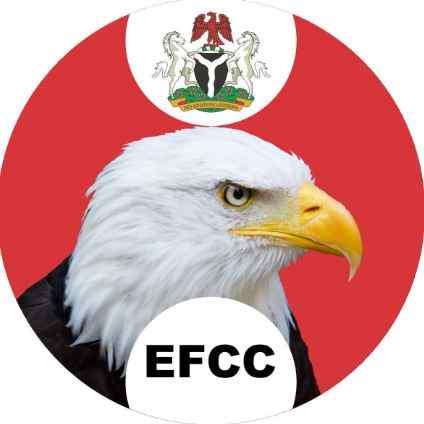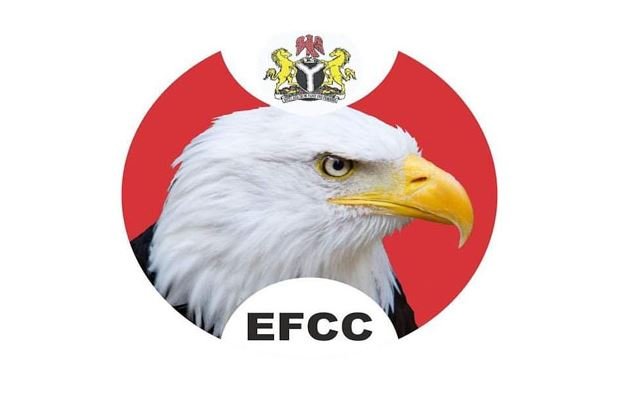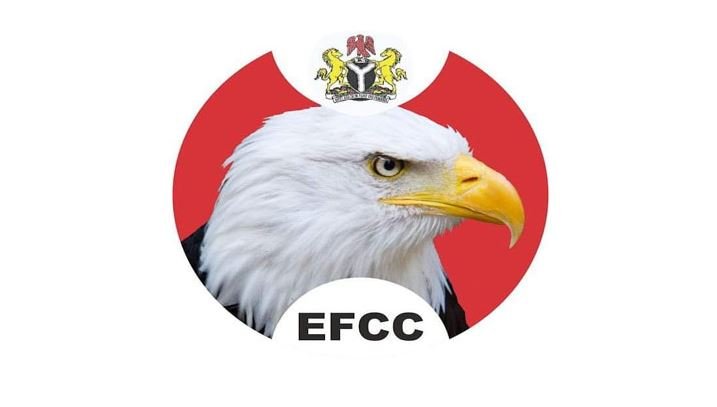
When Was EFCC Established?
The Economic and Financial Crimes Commission (EFCC) was In 2003 by the Nigerian government during the regime of President Olusegun Obasanjo.
The EFCC was tasked with investigating and prosecuting individuals and organizations involved in financial crimes such as money laundering, fraud, and corruption.
READ ALSO: What Is The Meaning Of EFCC And Its Functions?
History Of EFCC
The Economic and Financial Crimes Commission (EFCC) was created by Nigeria’s government as an agency to fight financial crimes in the country. It was set up on December 12, 2002, under the leadership of President Olusegun Obasanjo.
But it wasn’t until April 13, 2003, that the commission got to work after Mallam Nuhu Ribadu was confirmed by the Senate as the first Executive Chairman.
Along with other officers, Ribadu began the EFCC’s operations with a strong focus on cracking down on economic crimes like money laundering and fraud. The establishment of the EFCC was partly a response to international pressure.
The Financial Action Task Force (FATF), which is a global body formed by the G7 countries to combat money laundering, had pointed out that Nigeria wasn’t cooperating well with international efforts to control financial crime. This led to the creation of the EFCC.
However, the initial law that created the commission had some weaknesses. So, in 2004, the National Assembly revised and strengthened the law, and President Obasanjo signed it into effect on June 4, 2004.
Under Ribadu’s leadership, the EFCC gained a reputation for taking down some of the most notorious fraudsters in Nigeria.
These included individuals involved in what is commonly referred to as “419 scams” (named after Section 419 of the Nigerian constitution, which deals with fraud).
People like Fred Ajudua and Emmanuel Nwude, who had previously seemed untouchable, were arrested and brought to justice.
The EFCC also expanded its presence across the country, opening offices in major cities like Lagos, Port Harcourt, and Kano, making it easier for them to operate nationwide.
The leadership of the EFCC has changed hands several times since its inception. In December 2007, Ibrahim Lamorde took over in an acting role after Ribadu’s tenure, followed by Mrs. Farida Waziri in 2008, appointed by President Umaru Musa Yar’Adua.
Lamorde returned to lead the EFCC again in 2011 under President Goodluck Jonathan, before being replaced by Ibrahim Magu in 2015 by President Muhammadu Buhari. Magu, during his time, opened more EFCC offices in different states to increase the commission’s reach.
He reopened the Maiduguri office, which had been closed due to the Boko Haram crisis, and established new offices in places like Ibadan, Kaduna, and Uyo.
After Magu’s tenure, Mohammed Umar Abba briefly took over in 2020, and in 2021, Abdulrasheed Bawa was confirmed as the Executive Chairman. Recently, in June 2023, Bawa was suspended, and Abdulkarim Chukkol stepped in as the acting chairman.
READ ALSO: The Meaning Of SON in Nigeria And Their Functions
What Are The Key Functions And Responsibilities Of The EFCC?
Here are the main tasks the EFCC is responsible for:
1. Investigation Of Financial Crimes:
The EFCC’s primary responsibility is to investigate financial crimes, including offenses like money laundering, advance fee fraud (often referred to as “419 scams”), and cybercrime.
When suspicious activities are reported, the EFCC steps in to gather evidence, interview suspects, and trace financial transactions to get to the truth.
2. Prosecution Of Offenders:
After completing investigations, the EFCC prosecutes offenders in court. It works with legal experts to prepare strong cases, ensuring that justice is served.
This role helps demonstrate that no one is above the law, including politicians, business leaders, and other high-profile figures.
3. Asset Recovery:
Recovering stolen assets is another major responsibility of the EFCC. When criminals obtain wealth through illegal means, the EFCC acts to return those assets to the rightful owners or the government. This can involve freezing bank accounts, seizing properties, or reclaiming stolen funds.
4. Public Education And Awareness:
The EFCC runs public education campaigns to raise awareness about financial crimes and teach people how to avoid falling victim to scams.
By encouraging the public to report suspicious activities and stay informed, the EFCC helps prevent financial crimes from happening in the first place.
5. Collaboration With Other Agencies:
The EFCC works closely with both local and international agencies to enhance its ability to combat financial crimes. Through these collaborations, the EFCC can handle complex cases, especially those that involve criminal activities across borders.


